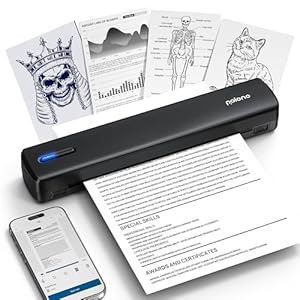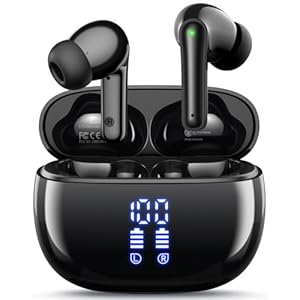
With wearable tech becoming increasingly sophisticated, you might be curious about its impact on preventative healthcare. Imagine having a device that not only tracks your daily steps but also monitors your heart rate, sleep quality, and more. The data it collects could potentially alert you to subtle changes in your health before they become significant issues. By seamlessly integrating into your daily routine, wearable technology seems to offer a promising avenue for proactive health management. But how exactly does it achieve this level of preventative care? Let’s explore the mechanisms behind wearable tech’s contribution to maintaining your well-being.
Monitoring Health Metrics in Real-Time
When wearing wearable tech devices, you can monitor your health metrics in real-time to track your well-being efficiently. These devices offer a convenient way to keep tabs on vital signs such as heart rate, blood pressure, and even sleep patterns. By having this information at your fingertips throughout the day, you gain valuable insights into how your body is functioning, allowing you to make informed decisions about your health.
Tracking your health metrics in real-time with wearable tech can help you detect any irregularities early on. For example, sudden spikes in heart rate or changes in sleep patterns could be indicators of underlying health issues. With this continuous monitoring, you can catch these warning signs sooner rather than later, enabling you to seek medical attention promptly and potentially prevent more serious health problems down the line.
Additionally, monitoring your health metrics in real-time encourages proactive health management. By being aware of your daily activity levels, calorie expenditure, and stress levels, you can make adjustments to your lifestyle to prioritize your well-being. This proactive approach empowers you to take control of your health and work towards achieving your wellness goals effectively.
Encouraging Active Lifestyles
To promote a healthier lifestyle, incorporating wearable tech devices can actively encourage you to engage in more physical activities. These devices, such as fitness trackers or smartwatches, provide real-time feedback on your activity levels, motivating you to meet daily fitness goals. By tracking steps taken, calories burned, and even monitoring your heart rate during exercise, wearable tech creates awareness of your physical activity levels.
Moreover, many wearable devices offer features like reminders to move or stand up after prolonged periods of inactivity, nudging you to incorporate more movement throughout your day. They can also provide workout suggestions based on your fitness level and goals, helping you stay active and avoid sedentary behaviors.
Additionally, some wearable tech allows you to join challenges with friends or online communities, fostering a sense of competition and accountability that can further incentivize you to maintain an active lifestyle. Overall, these devices play a valuable role in encouraging you to adopt and sustain healthy habits that contribute to a more active way of living.
Providing Personalized Health Insights
Incorporating wearable tech devices not only encourages active lifestyles but also provides personalized health insights tailored to your individual needs and goals. These devices track various metrics such as your heart rate, sleep patterns, steps taken, and even stress levels, offering a comprehensive overview of your health status. By analyzing this data, wearable tech can offer valuable insights into your overall well-being and suggest personalized recommendations to help you achieve your health objectives.
With the help of advanced algorithms, wearable devices can interpret the gathered information to provide you with actionable advice on improving your fitness levels, managing stress, or getting better sleep. This personalized feedback empowers you to make informed decisions about your health and lifestyle, leading to better outcomes in the long run. By having access to real-time data and personalized health insights, you can proactively take charge of your well-being and work towards a healthier future.
Enhancing Early Detection and Intervention
By utilizing wearable tech devices, you can enhance early detection and intervention for potential health issues, ultimately improving your overall well-being. These devices continuously monitor various health metrics like heart rate, sleep patterns, activity levels, and even skin temperature. By analyzing this data, wearable tech can detect subtle changes that may indicate early signs of health problems. For example, irregularities in your heart rate could signal a potential cardiac issue, prompting timely medical intervention. Additionally, changes in your sleep patterns might indicate high stress levels or other underlying conditions that need attention.
Early detection allows for prompt intervention, preventing minor issues from developing into serious health concerns. Wearable devices can alert you to take action, such as seeking medical advice or adjusting your lifestyle habits. This proactive approach empowers you to take control of your health and address issues before they escalate. Ultimately, the early detection and intervention capabilities of wearable tech contribute significantly to preventative healthcare, enabling you to lead a healthier and more informed lifestyle.
Trending Products
























